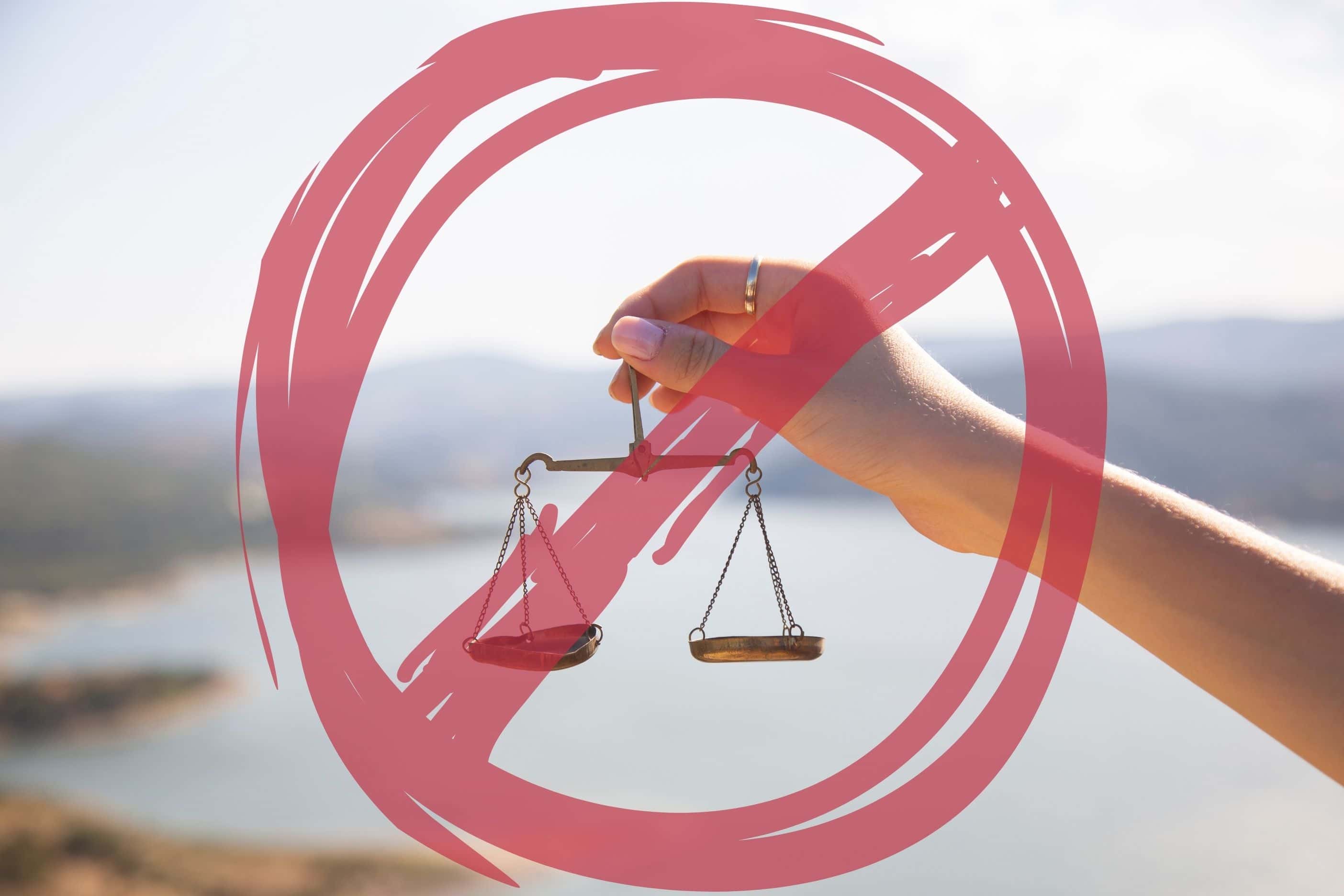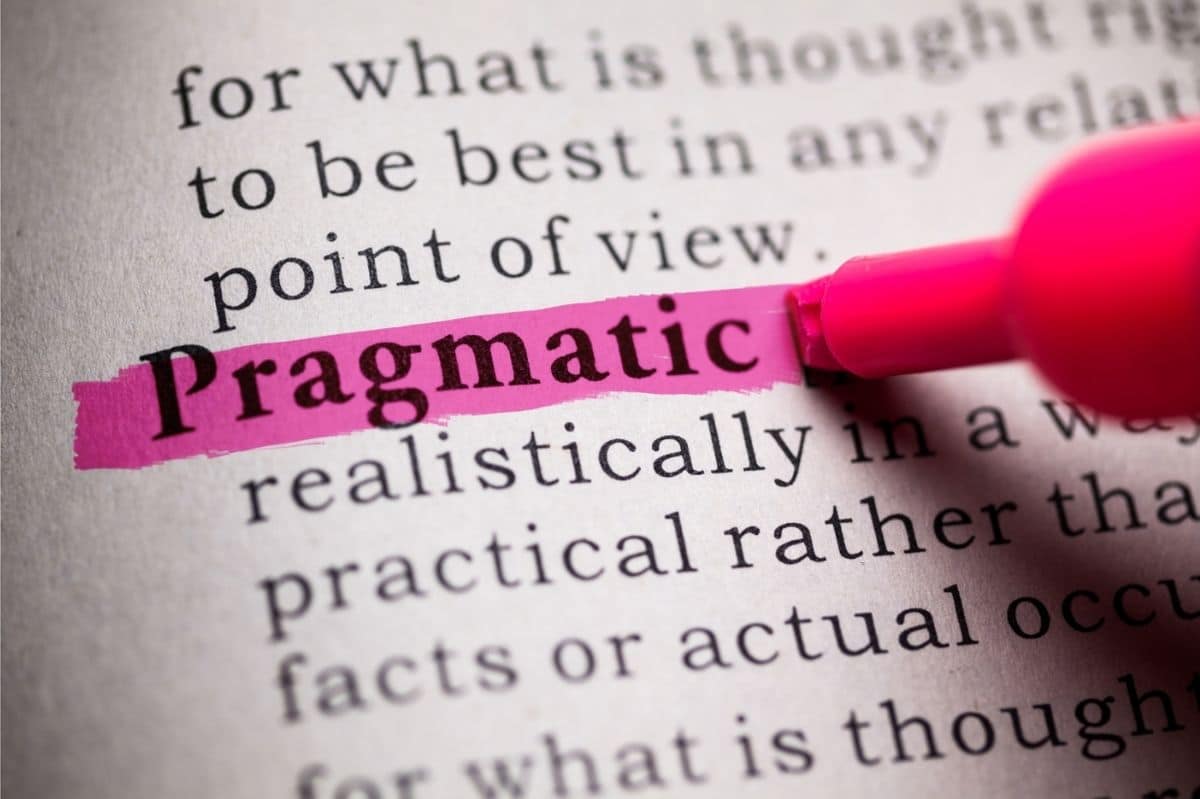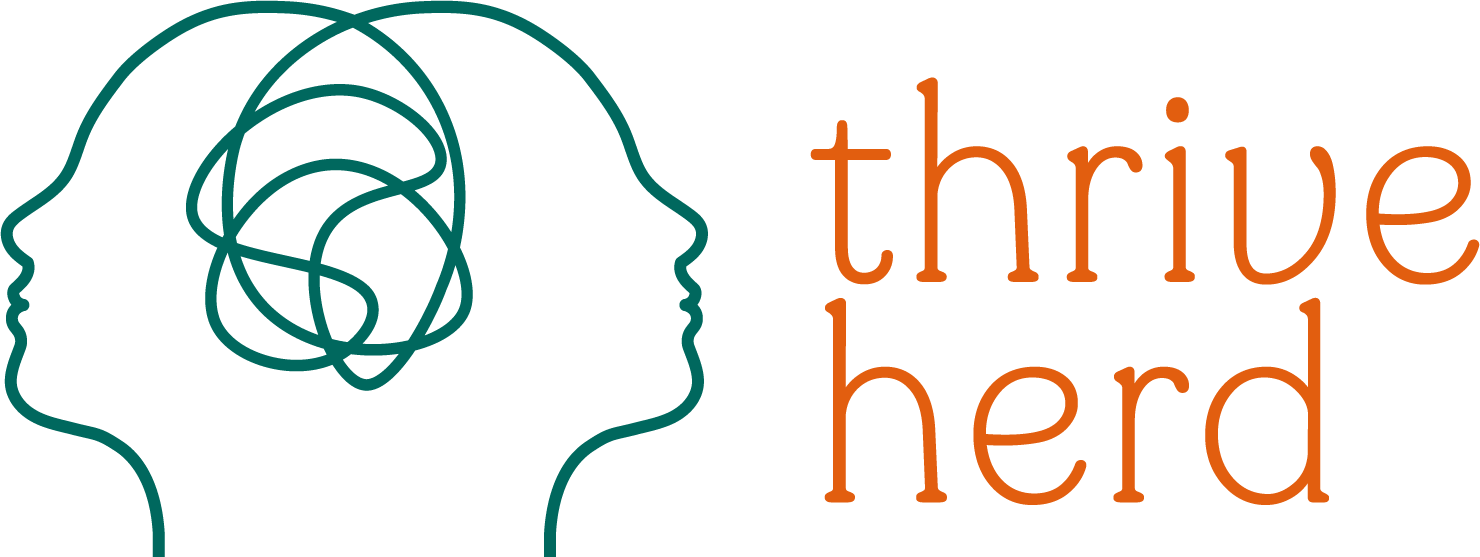Why Find A Career With Balance?
Nearly two thirds of us suffer from the serious effects of poor life balance, according to the Mental Health Foundation. We sacrifice our health, development, relationships, and home life. We feel the urge to make things better, but most of us don’t know how to find flexible jobs or identify the best careers for work-life balance.
And while we all know it’s possible to boost our productivity, learn better time management, or leaf through flexible working policies, for many of us a simple tweak is not enough. Only a career change will allow us to discover truly flexible careers and live as we want to.
But whether balance is the key driver for your career change or just one element of many, it can seem downright impossible to find flexible jobs that bring with them all the right elements of balance. So how can it be done?
What it takes
Let’s get one thing straight. While the headline of this article talks about ‘finding’ a new career with balance, this is not going to get the bairn a new hat. The answer is not waiting to be discovered down the back of the sofa or stuck to the bottom of your shoe.

And before we go any further, talking about work-life balance can be part of the problem. This unhelpful term suggests there are just two things to get right. Balance is about your life as a whole and all that means and contains. I’ll use this term occasionally in this article, because it’s a really common phrase and one we all know. But it will help us to get more specific about what kind of balance we’re actually talking about.
In fact, there are four which apply to all of us. And when we place these categories in a sequence, we uncover a clear route to successful career change — whatever finding balance and flexible careers means to you.
1. Perfect Balance
Without a clear picture of what the ideal balance means for you, there’s little hope of creating it. So what is your picture of perfect balance?
Cast your mind forwards to a time in the future when you’ve explored and discovered flexible jobs that would suit you and you’ve found a new career with balance. You’re working just as much as you want to, and giving the other important parts of your life the time and attention they deserve. Give each factor a percentage score to reflect its importance relative to the other areas. (Of course, all the scores need to add up to 100%!

Make this a paper exercise, not a floaty head thing. Your scores will change, of course, according to various influences. For example, if you hate your work, you’re likely to want to spend less time doing it. But if your career change overall is successful, and you love the work you do, there’s a fair chance you’ll want to do more of it.
To deal with this variability, think of the factors most likely to influence your future balance and happiness. These will vary according to your stage of life (read more about changing career in your 40s here) and your unique circumstances. You might be unsure how to plan for Covid-19 and its fallout in the near and medium future. Maybe you’re going through a rough patch in your relationship and life could look very different soon. Perhaps you’re still deciding if you want to have kids, or if you have them already, you’re thinking ahead to when they’ll be older and less dependent. Finding the right flexible jobs will depend on identifying these unique factors.
So, create more than one version of your perfect balance list, and give each a title to reflect the variable. E.g. “Post-Covid balance”, “Balance if I love my job”, “Balance with kids” – you get the idea.
Now that you have your vision of perfect balance, let’s get real.
2. Pragmatic Balance
Most people will let their eyes skim over this next part. And that’s understandable – I mean, I’m about to tell you that you can’t have everything you want overnight, so why bother to read it?
Because if you ignore this advice, it will destroy your chances of a successful career change.

Some people will say a strategy that emphasises compromise lacks ambition. That there are some people in the world who do get everything they want. And I’m not here to tell you that’s impossible. But I am here to tell you that when you want to find the best work-life balance careers for your circumstances, reluctance to compromise is one of the stickiest ways to stay stuck.
Besides, whoever achieved 100% of their ambition in one fell swoop? Embrace compromise now and you’ll move one step closer to finding exciting flexible jobs. You will be well placed to improve the remaining areas of your life. You see, compromise is how we keep improving.
Think of it from the opposite perspective: you could spend all the time in the world (which of course you haven’t got) researching the “best” work-life balance jobs, but that won’t take you any further forwards if you don’t know your unique balance factors and the single compromise that would expand your options and make your path forward easier.
To find your most effective compromise, follow the steps below.
(i) Know your needs
Unless you know your needs, you won’t know what the best work-life balance jobs for you actually are. So get all of your specific requirements and things you want down on paper.For example, do you need a certain salary – and by need, I mean need, not want!
Or do you desire to make a difference and have a positive impact on the world? Precisely how important are these factors, and what’s their order of priority?
Make each point as specific as possible (e.g. give a bottom-line figure to ‘income’). Then give each a score out of 10, where 1 means you can easily compromise, and 10 means you cannot compromise at all.
(ii) Turn needs into compromises
Firstly, think in depth about each score and reduce it. How important is each factor really? Don’t allow yourself to give any scores of 10.
Secondly, make sure all of the scores you’ve given are different. Use decimals. This will force you to prioritise.
(iii) Embrace your chosen compromise
Finally, identify the compromise that is likely to make the greatest difference to finding the right kind of flexible jobs and to your ultimate career change success. This is your compromise. Get to know it and love it. It is your ticket to the future.
3. Predictive Balance

It might sound too obvious, but knowing what you want to do is essential if you want to find the best work-life balance jobs, because they won’t be the best if you don’t enjoy doing them.
If your dream role doesn’t usually offer the balance you want or need, look at it through a microscope. What are the basic building blocks that make this career so attractive? Is it the subject matter, ways of working, status and respect, income, purpose and impact? 
Now take each element you identify and underline it to create the title of a blank list. Next, use brainstorming and browse career sites to identify alternative flexible jobs that provide this particular element, where your balance could be achieved (or you can’t rule it out).
When you have your full set of lists, pick out the identical or similar roles that crop up most often. This is where your dream career lies.
But…
How do you know it will all work out? How can you be confident that, two years down the line, you’ll actually have the balance you want, and not be right back where you started? Or is there a risk that the best careers for work-life balance are actually red herrings?
One of the reasons career change can fail is that we don’t spend enough time predicting the real-world change. Too often, our actions are fuelled by hope, optimism and selective evidence.
Or we just plan our career change in theory, without living it first, and expect everything just to fall into place. As Herminia Ibarra points out in her book Working Identity: Unconventional Strategies for Reinventing Your Career, each of us has our own, unique idea of what it’s like to have a particular job or live in a certain way – and we’re often wrong.

Put it this way.
If you and I were walking down the street together and saw a person in a uniform (police officer / chef / engineer) each of us would instantly summon a very different view of what it’s like to live and work as that person. Equally, you and I might mean very different things when we say “flexible careers”, and our definitions of the “best work-life balance jobs” are likely to differ considerably.
The point is, when you’re considering career changes, your transition is much more likely to be successful and long-lasting if it’s based on reliable information. So look at your lists of balance and needs. How do you know your planned career change will bring those benefits? What are you assuming about life in your anticipated role? Do you really know the hours are flexible and employers are understanding, or are you just hoping, because – let’s be honest – that’s easier?
So talk to people already in that situation, or look at open source information (such as Glassdoor).
If you want your career change to be resilient, create a model of your future after this transition. Be as objective as possible by trying to find evidence that it won’t work, and build plans to overcome those obstacles or give you the flexibility to respond to the unexpected.
When you have all of the information you need, return to your pragmatic balance template, and use your new data to create your picture of predictive balance.
4. Planned Imbalance
World-renowned professor Dr. Brian Little has spent decades researching human personalities. In particular, he has focused on what he calls personal projects, the activities we undertake that give us purpose, and to some extent define us. These projects could be as fleeting as fixing a leaking pipe, or as life-changing as (guess what) finding a new career with balance.
In his acclaimed book Who Are You, Really?, Dr Little reminds us that even when balance is the objective of a personal project, it is unlikely that we’ll be able to maintain balance through the project itself.
Sometimes balance is not possible – the demands of your professional life call for a sustained period of action. Or a child’s sickness simply cannot be ignored. In both cases you give priority to a project that comes with a sense of urgency and importance that requires you to be strategically imbalanced.
This means to explore the best work-life balance careers and find the right kind of flexible jobs for you, you may need to accept a challenging period of imbalance first.
You have to enter the storm to reach the calm at the centre.

Conclusion
Balance means something different to each of us. For one person it could mean a portfolio career, blending freelance City consulting with their new life as a professional landscape artist. For someone else, it might mean 3 days a week working as a counsellor, spending more time with their family, and finally making it to the pub quiz every Tuesday.
The 4 categories of balance detailed in this article stand us on common ground.To find a new career with balance, first create your picture of perfect balance to understand the best possible outcome. Then make that a realistic project by focusing on pragmatic balance. Next, look at your predictive balance to establish whether your goals are likely to work out further down the road. And finally, accept that success requires a period of planned imbalance before the ship can sail smoothly.
Even though balance is a custom fit, by focusing on these 4 categories of balance you will move successfully through the process of career change and identify the best careers for work-life balance for you, whatever your circumstances.




